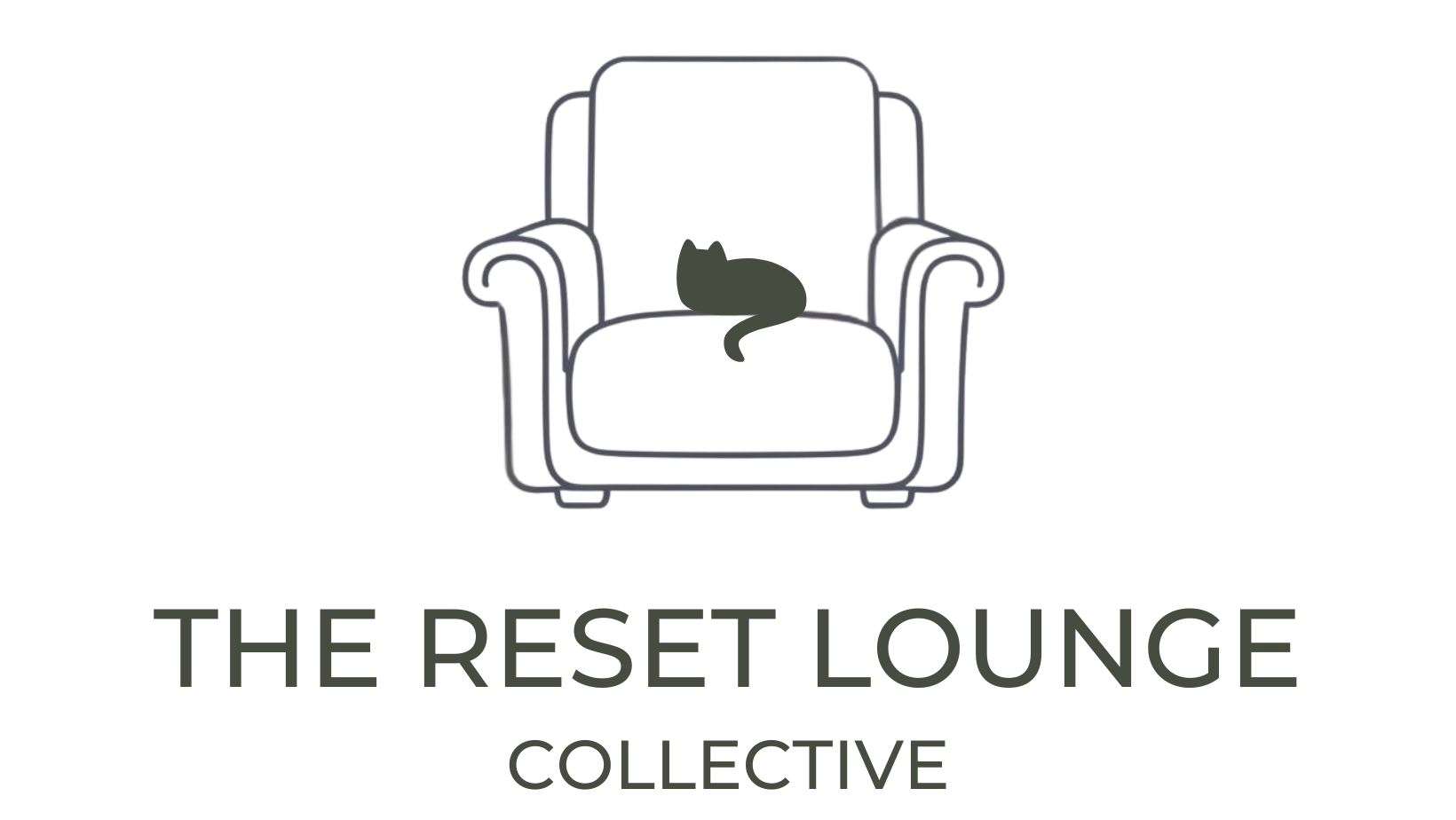This is a great place to start
If your child has just been diagnosed, this is a great page to start on. Download support guides to help you on your way.
If you want more support, you may like to call me or join The Morning Reset Circle, a group especially for parents of neurodivergent kids. In this group, you will receive weekly ongoing support from me, gain access to new guides, information and be a part of a community of parents just like you, who understand what you are going through.
OUR GUIDES
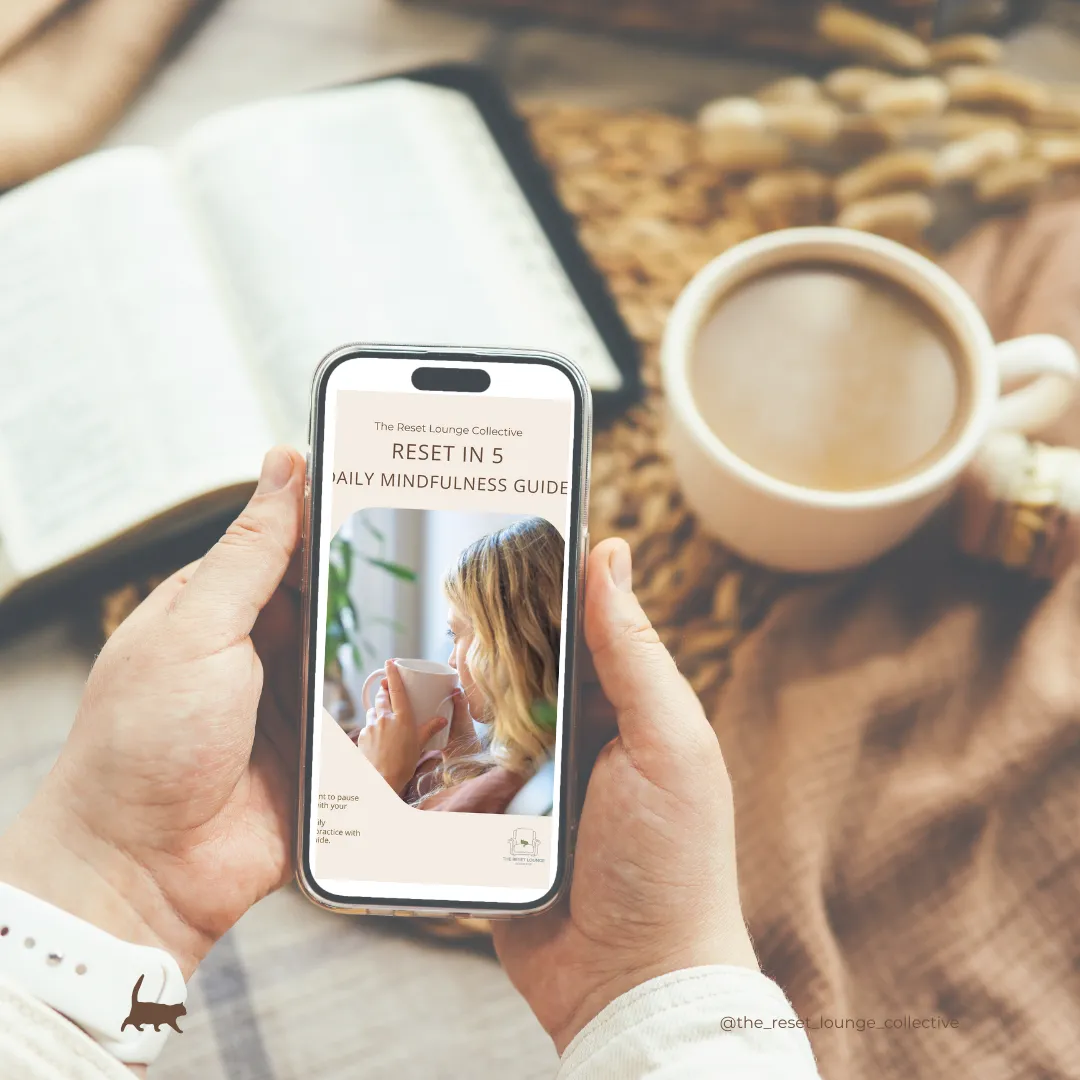
Free Reset In 5 Guide
Practical, easy-to-use guide for you to download and access anytime.
Using a quick Mindfulness Technique, in 5 steps, that is simple and easy to use. This will help you learn to become more "presented", centred and grounded.
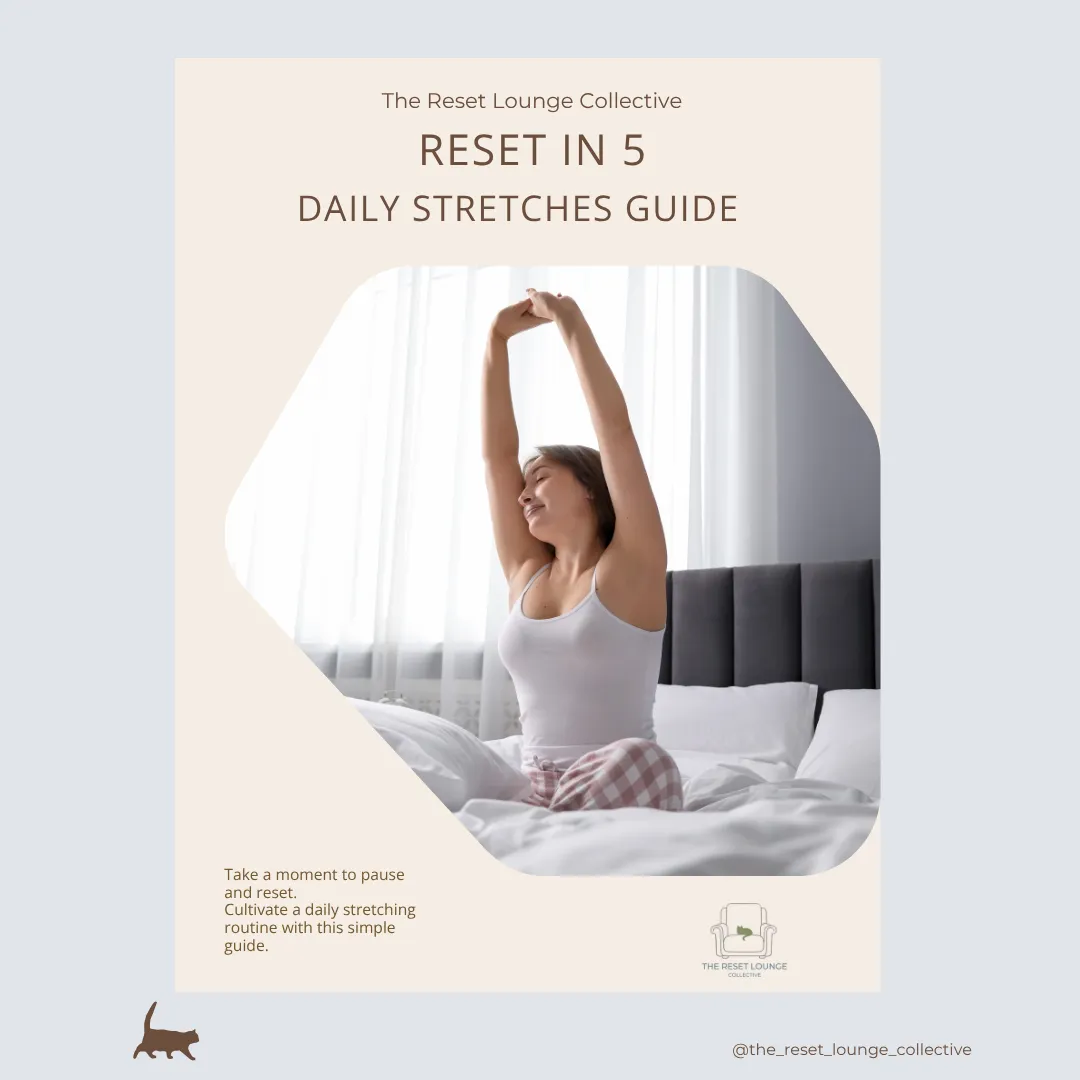
Free Daily Stretches Guide
A guide to help you ease tight, aching muscles that is for you to download and access anytime.
Learn 5 simple, easy stretching techniques, that will help you to feel more at ease as you go about your daily routine.
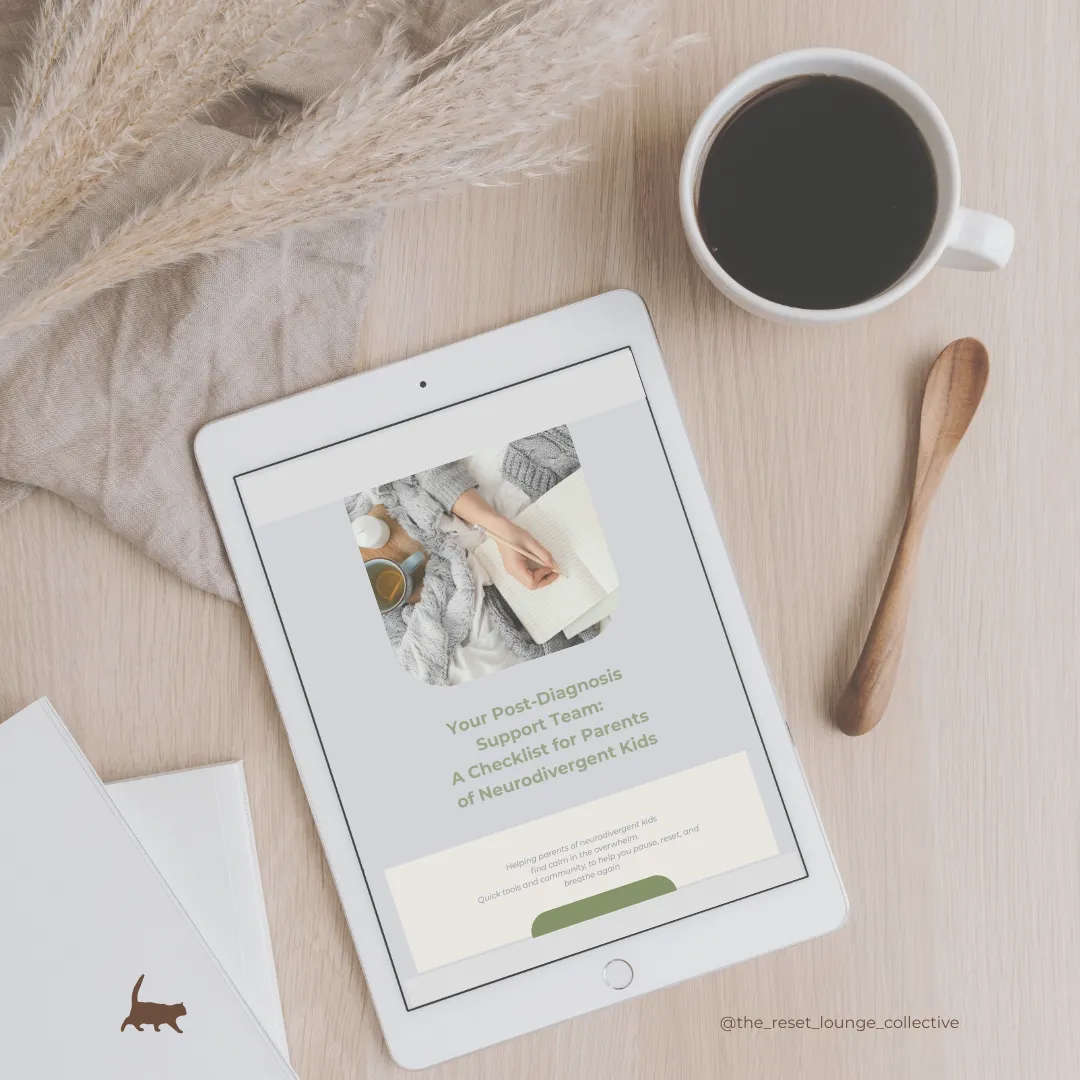
Post-Diagnosis Support Team Guide
Join a welcoming circle of parents, carers and allies, who truly understand your journey. Share experiences, gain insights, and feel supported without judgment
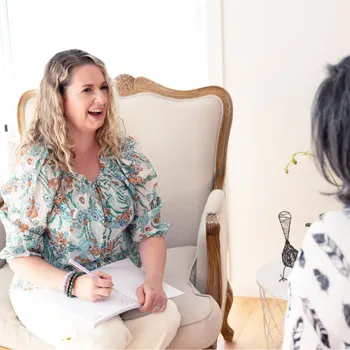
New Guide Coming Soon
What do I do when series of guides coming soon!
Who's This Perfect For
Parents
Mums
dads
partners
grandparents
Friends & allies
family members
teachers
allied health
Testimonials

"Compassionate & Caring"
"I recently completed a 6 week program with Lucinda, she is the most compassionate and caring person I have had the pleasure of learning from. Lucinda is so knowledgeable in Reiki and Meditation, and just about anything i had questions for. I could not thank her enough for her dedicated time she spent with me, her intuition with my needs and the support i received was amazing. I would highly recommend a session with Lucinda. Thank you, Lucinda you are amazing." - Keran

"Accessible & Welcoming"
"Lu is a lovely meditation teacher who is well trained and qualified. She creates an accessible and welcoming space without judgement or jargon. Her calming energy and warmth radiates through her sessions. I came out feeling refreshed, peaceful, with more clarity and a different perspective towards my day. I would highly recommend her to everyone who is looking for something simple and genuine." - Mitha
FAQS
Q. My child has just been diagnosed as being neurodivergent. What should I do first?
A. Take a deep breath. You are NOT alone. Start by giving yourself permission to feel any emotions, thoughts or feelings that may be arising. It can be anything from relief to grief to anger. It's normal to feel this way. Next, consider connecting with a qualified specialist (paediatrician, psychologist, occupational therapist, etc) who can guide you through the next steps. There may be considerable waitlists for some specialists, so talk to your child's GP about what you can do in the meantime to support your child. This may include support groups, art therapy or other holistic services. Remember, every family's journey is unique, and there is no "right way" to navigate this.
Q. Can children be diagnosed at any age?
A. Yes, absolutely! Being neurodivergent can be identified and diagnosed at ANY stage of life. Early intervention can help, but the foundations for support, understanding and self-compassion can begin at any stage of life, and are just as important for older children, adolescents, right through to older adults.
Q. My partner isn't onboard with our child's diagnosis. I'm struggling with this. Is it normal for partners to process this differently?
A. Ahhh, yes, this can be tough, some partners (and family members) do find it difficult. If you're looking at this question, I'm sorry that you're dealing with someone who isn't 100% aligned. I feel for you, it makes it just that little bit harder. What you can do is try and focus on creating small moments of understanding, where you may be able to communicate on one thing that will bring your partner some clarity or understanding on. They may need time and space to accept that their child is neurodivergent. Do seek support from trusted friends, family or professionals. Protecting your child's wellbeing and your own self-care is essential, even if your partner isn't fully aligned yet.
Q. How do I look after myself while caring for a neurodivergent child?
Self-care isn't selfish, it is ESSENTIAL. Small, daily "resets" like mindfulness practices or short meditations, gentle movement, or self-massage can help you recharge. Think of it as putting on your oxygen mask first, so you can fully support your child.
Q. How do I specialists who are knowledgable and supportive?
A. A good place to start is by asking trusted sources, like your GP, or if you are aware of other parents, for example at your child's school, who have neurodivergent kids, ask them who they go to or recommend. When looking online, look for professionals that use neuroaffirming approaches and use inclusive language. It's important to choose support people who will respect your child's uniqueness rather than trying to "fix" them. Your child is different, not less.
Copyright 2026 All Rights Reserved | The Reset Lounge Collective | Privacy Policy | Terms & Conditions
Follow Me on Socials
Acknowledgement of Country
We acknowledge the Traditional Owners of the land where we work and live, the Wurundjeri Woi-Wurrung people of the Kulin nation and pay our respects to Elders past and present. We celebrate the stories, culture and traditions of Aboriginal and Torres Strait Islander Elders of all communities who also work and live on this land.
Here, at The Reset Lounge Collective, we hold space
for people of all backgrounds, genders, sexualities, cultures, bodies and abilities.
Respect, care, and inclusion sit at the core of everything we do.
We honour different ways of thinking, feeling, communicating, and being.
The support we offer is flexible, affirming, and shaped around individual needs.
